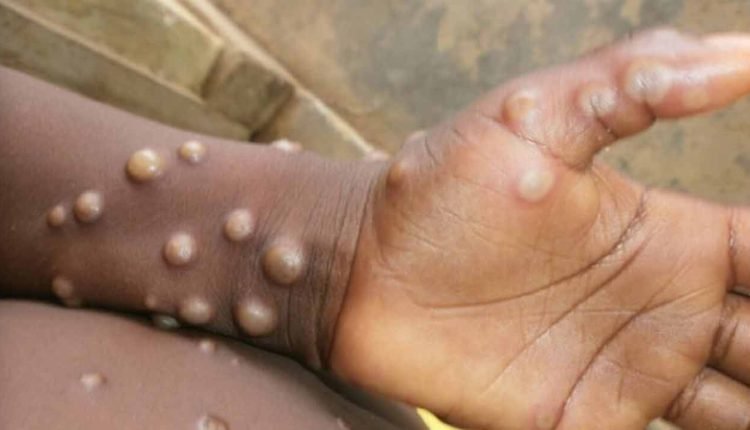India reported its first case of monkeypox in Kerala. The infected person, who returned from abroad, was hospitalized after showing signs of the virus. He tested positive for the same on Thursday, Kerala health minister Veena George said.
The person showed symptoms of monkeypox and he was in close contact with a patient abroad.
According to the World Health Organisation (WHO), monkeypox is a viral zoonosis (a virus transmitted to humans from animals) with symptoms similar to those seen in the past in smallpox patients, although it is clinically less severe.
The virus originates in wild animals and then spreads to people. There are two main variants – the Congo strain – up to 10 percent mortality, and the West African strain – a 1 percent fatality rate.
How does the monkeypox virus spread?
The person tests positive for the virus when they come into close physical contact with an infected animal, especially one that is sick or dead. This includes contact with meat or blood. The WHO said that in nations where the virus is endemic or circulating, all meat should be thoroughly cooked before eating.
It can also spread between people. You can catch it if you have close physical contact with an infected individual. Clothing, bedding and towels, and objects like eating utensils or dishes contaminated with the virus via contact with an infected person, can also infect you.
According to WHO, the virus can also be passed to a fetus or a newborn through birth or early physical contact.
What are the symptoms?
The symptoms include fever, muscle ache, intense headaches, swollen lymph nodes, skin rashes or lesions, low energy, and back pain which usually lasts from two to four weeks. Children are typically more prone to severe symptoms than adolescents and adults. According to WHO, severe symptoms can occur too and recent case fatality ratios have been between three and six percent.
What to do if you have monkeypox symptoms?
People who think they have symptoms of monkeypox should contact health workers for advice, testing, and medical care. The person needs to self-isolate to avoid close contact with others.
What is the treatment?
According to WHO, symptoms usually go away on their own without any treatment. Keep rashes and affected areas – let them dry, if possible, or cover them with a moist dressing to protect them, the WHO said. Avoid touching sores in the mouth or eyes. Avoid products that contain cortisone if you wish to rinse your mouth or use eye drops. According to the WHO, vaccinia immune globulin (VIG) may be recommended for severe cases.
Next Story:
Now you can get latest stories from Indtoday on Telegram everyday. Click the link to subscribe. Click to follow Indtoday Facebook page and Twitter and on Instagram. For all the latest Hyderabad News updates






